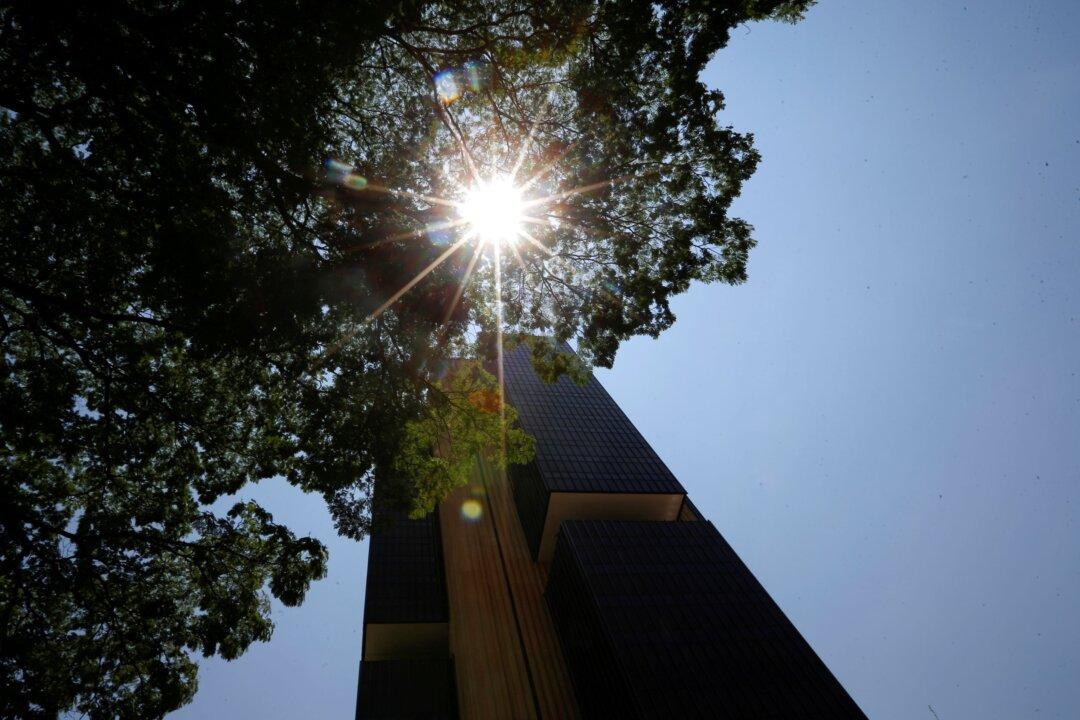BRASILIA—Brazil’s government canceled an announcement for a generous new welfare program on Thursday, after a central bank currency intervention failed to calm market concerns about looser government spending ahead of next year’s election.
President Jair Bolsonaro, who has seen his poll numbers fall over his mishandling of the pandemic, a weak economy, and rising inflation, summoned ministers for a 5 p.m. announcement of the new welfare program, according to a document seen by Reuters.





